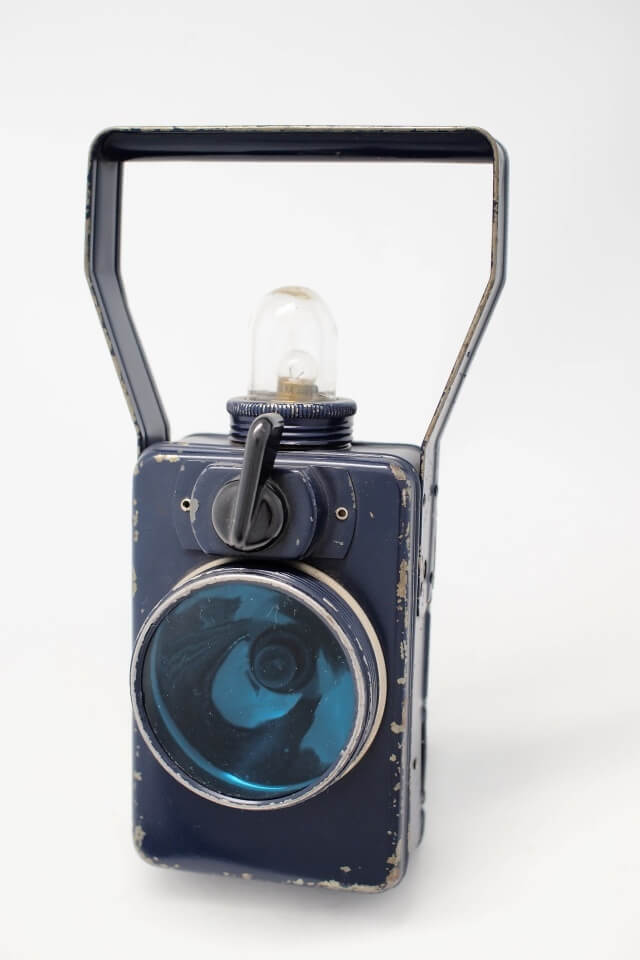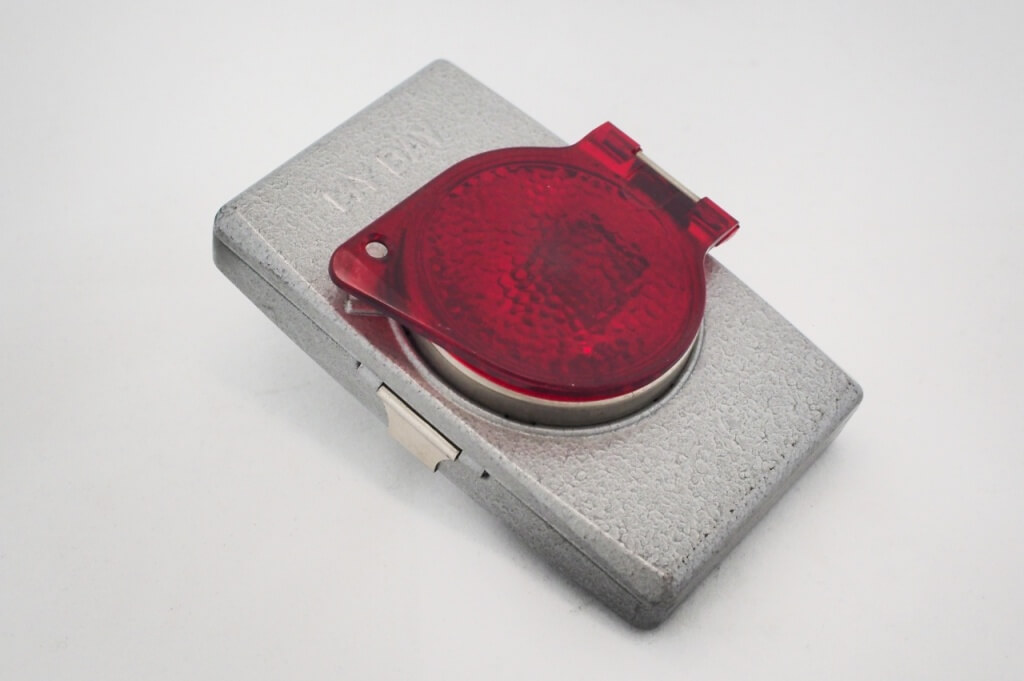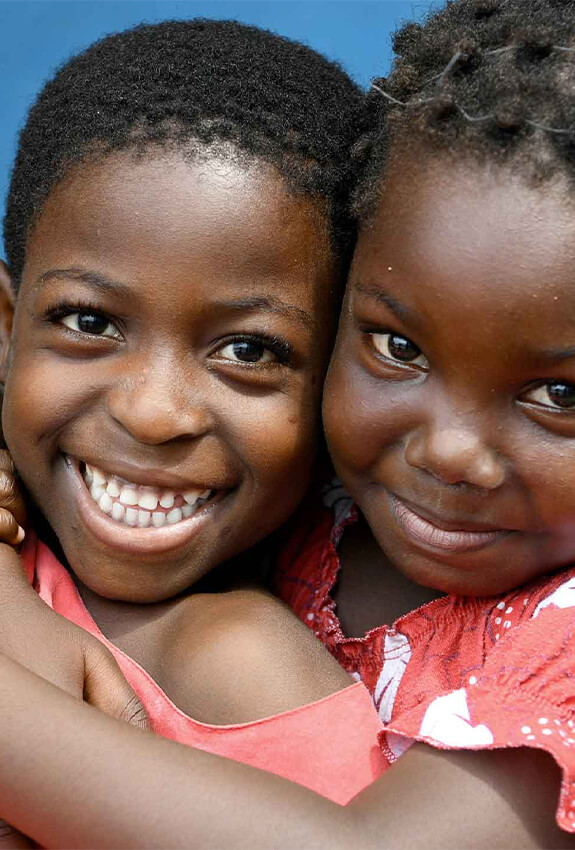

Mr. Paul Schmidt, a German citizen, is the founder of the tradition of lamp production in northern Bohemia. Paul Schmidt was engaged in the production of dry battery cells. In 1896 he founded an independent electrochemical testing institute in Berlin, which was renamed DAIMON in 1901. In 1902, the company began producing light bulbs, and since 1903, the company has been engaged in versatile series production, which mainly included dry cells (batteries), light bulbs and battery cases.
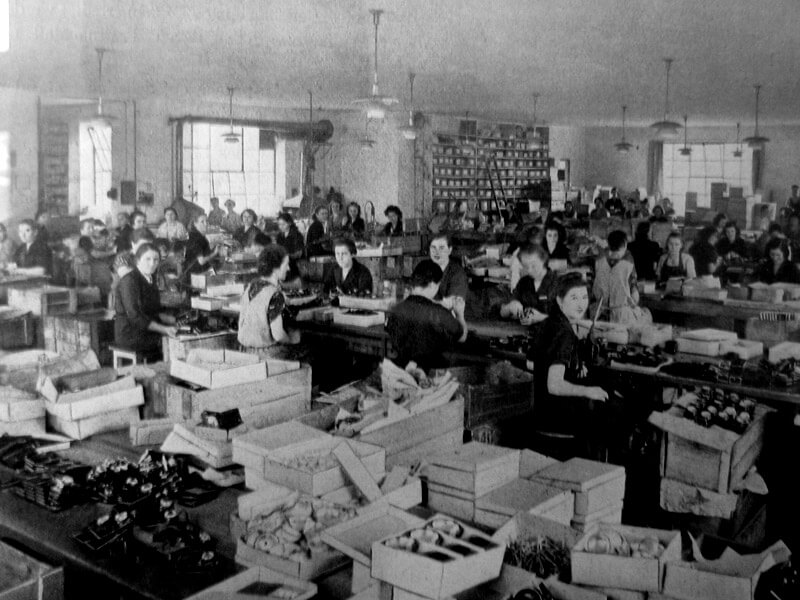
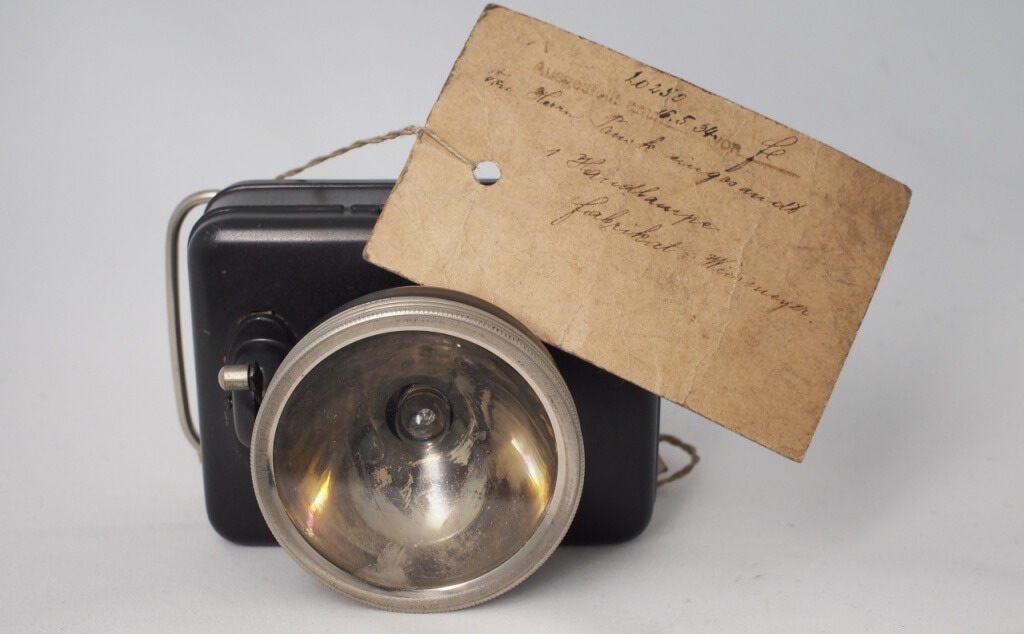
During the First World War, the operation of the company and the Podmokly-based plant was limited, the production of dry cells and cases stagnated. After October 28, 1918, the company retained the original brand DAIMON, as was the case with other companies of the group, which at that time already included 6 factories, of which 5 were located in Germany. The group was owned by family members of Mr. Schmidt - his wife Laura, sons Alfred and Erik and also aunt Erna Wienecke.
The Podmokly-based company Elektrotechnische Fabrik Schmidt & Co., GmbH moved into a new environment with great difficulty after the establishment of independent Czechoslovakia. Contact with the plants in Germany was limited and an inflationary wave took place in Czechoslovakia. In 1927, the company's debt was so huge that the company had to be covered by a mortgage from a Berlin company, which immediately found itself in a bad financial situation.
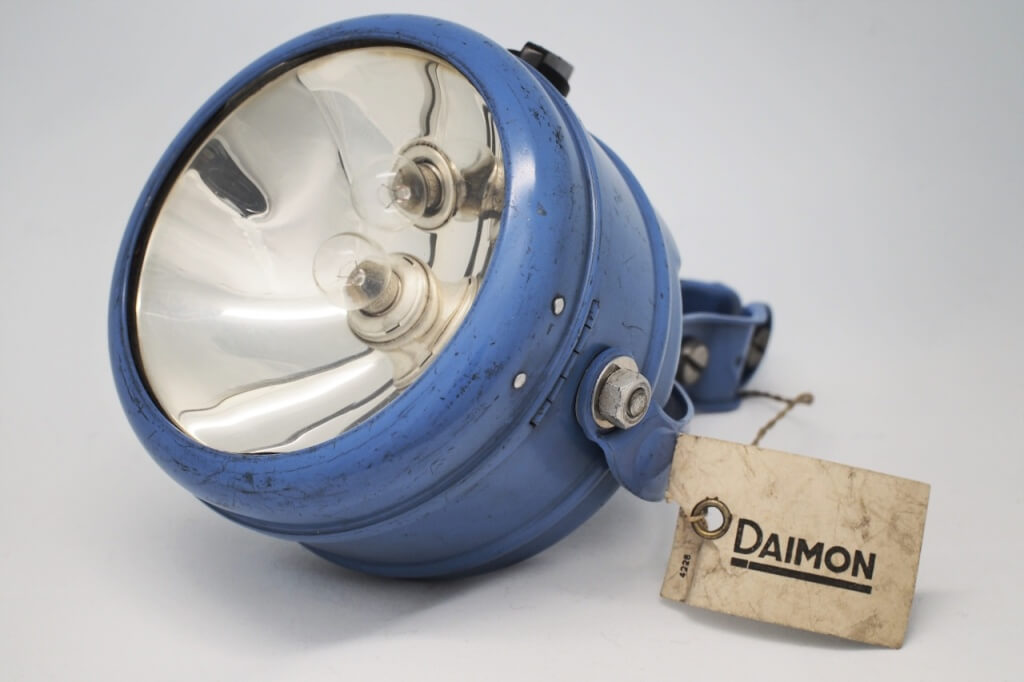
The English company Ever Ready Co., which invested 1 million German marks in the DAIMON Group, helped to solve this catastrophic situation. A new contract was drawn up, according to which 2/3 of the property of the entire group went to the English, 1/3 to Mr. Schmidt. However, the share of English capital in the Podmokly-based factory was only 53%. After a year-long influence from Ever Ready Co. there is a recovery in production throughout the group, which is reflected in a constant increase in production.
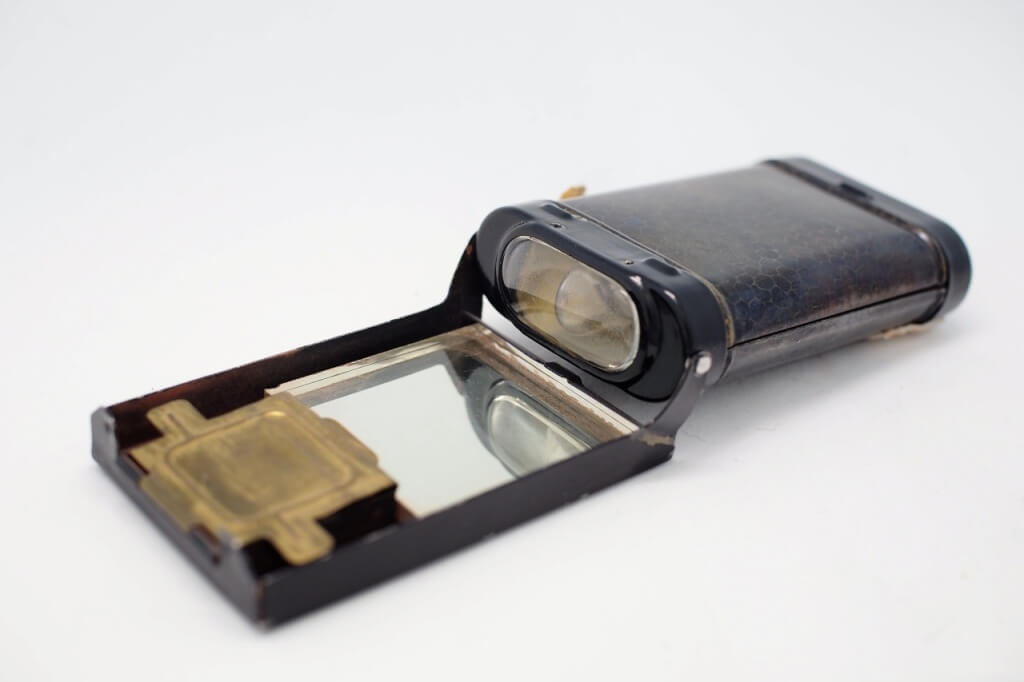
The range at that time included the production of dry cells in 10 variants, light bulbs in 12 variants, flashlight cases in 120 variants, batteries in 15 variants. In addition, the factory manufactured bicycle headlights and dynamos in 15 variants and other products, such as special light bulbs for lighting Christmas trees in the shape of snowmen and birds, the program also included various glowing pendants, tie pins, scary beards, glowing skulls and more.
As the company developed, the premises in Podmokly were no longer sufficient for production. Therefore, during the 1920s, Mr. Schmidt bought the building of the former Baischeitel textile factory in Děčín 1 (now Daymoon), where the production of special and dwarf light bulbs, flashlight cases, and other small productions was moved. The production of dry cells, accumulators, etc. remained in Podmokly.
The company's profit and turnover increased every year:
- turnover in 1928: CZK 11,528,000
- turnover in 1932: CZK 23,921,000
- turnover in 1938: CZK 47,460,000
The increase in production compared to other companies in the group was threefold. During the years 1931-1936, the Podmokly-based company got rid of the English capital by sending part of the machines to England and paying out the entire loan from the profit.
The production declined again during the World War II. The company lacked workforce and material. At that time, the company was largely producing for the Wehrmacht - about 60% of total production. This production mainly included special lamps for the army, for tanks, combat lights for the front line, complete tips for anti-aircraft artillery shells, clock movements for timed mines, shells for ammunition, filters for gas masks, dry cells and other components, especially pressed goods as sub-supplies for other plants.
After the liberation of Czechoslovakia in 1945, the company was placed under national administration and it was then nationalised in 1946. The company became part of n.p. Bateria Slaný. The production program was based on the production of the range of torches, the production of light bulbs was transferred to Tesla Brno in 1951, the production of dynamos to the plant in Brno. On January 1, 1954, the current plant became an independent national company Bateria. In 1955, Bateria was merged with the KOH-I-NOOR company in Děčín 9, and thus became plant 03, to which a plant in Prague was later connected, where umbrellas were assembled and a plant in Jedlka near Děčín, where components for riding bicycles and prams were produced.
As a replacement for the canceled production of light bulbs and dynamos, the production of umbrella frames, as well as accessories, lipstick cases, zipper pendants, fittings for the automotive industry and the production of light pressed goods were introduced in 1956.
Present
Until the middle of 1990, the company was part of n.p. Koh-i-noor, from which it subsequently separated under the name Daymoon as an independent state-owned enterprise.
In 1993, after privatization, the company became part of the joint-stock company Omikron Praha and since 1994 it has existed as an independent joint-stock company DAYMOON.
Děčín-based joint-stock company Daymoon was established after privatization in 1994.
The history of the company began at the end of the last century. The wide range of original production included the metal production of small goods, light bulbs, dry cells, lamp cases, boxes and packaging for cosmetics, later also the production of umbrella parts and frames, bicycle saddles, etc.
The basis of current production is metal production (cold pressing), surface treatment by powder coating and blasting.
The technical background of the company enables the construction and subsequent production of tools and molds both for its own production and to order. The sale of products also includes the offer of special lamps, standard and energy-saving light bulbs and cells (batteries) of all types.
